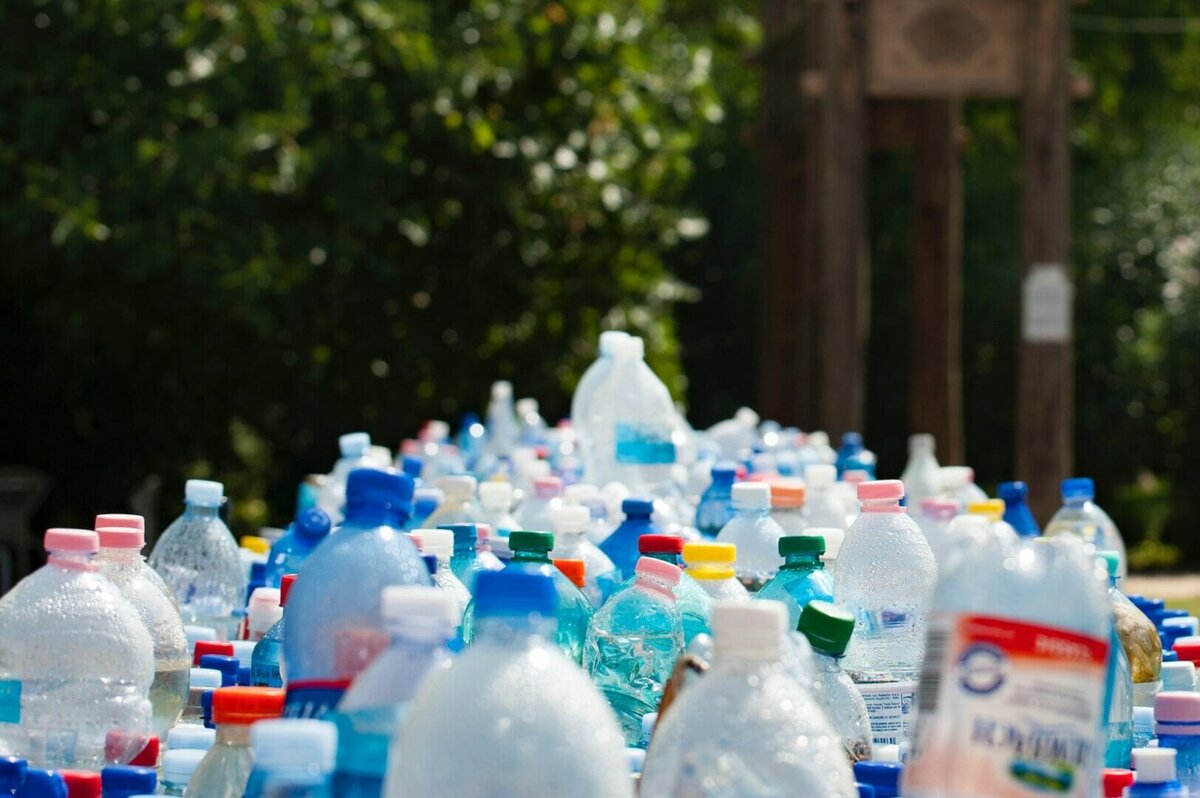What is BPA?
Bisphenol A commonly known as BPA, is an organic synthetic compound which is widely used in the manufacturing of plastic; creating a tough, clear plastic that is widely used in thermal labels, food packaging and metal cans.
BPA has been found to seep into your food and drink, with the health effects of this strongly disputed by scientists, with some saying it is harmless whilst others linking BPA to a number of diseases and cancers.
EU bans BPA in food packaging and thermal paper
In 2017 the EU member countries unanimously decided to classify BPA as a substance of very high concern due to the potential health impact and “probable serious effects to human health”.
This led the EU to severely restrict the use of it in food packaging from September 2018 limiting the amount of BPA that can transmit from packaging to food to 0.05mg per kilo of food.
The EU is also set to effectively ban BPA in thermal paper from January 2020, limiting BPA to 0.02% of thermal paper weight.
What impact will this have on the food and packaging industry?
BPA has traditionally been one of the most popular chemicals in the world so the upcoming ban will have a significant impact on retailers, customers and packagers.
For example, thermal papers use BPA and are used in direct thermal transfer, which packagers use to add barcodes to products. Packagers that want to continue to use this method to add codes onto their products can use BPA free thermal paper, which uses a similar chemical in BPS that the EU has previously warned packagers to avoid.
Packagers also have the option to replace their direct thermal printers with thermal transfer printers that do not use BPA or BPS as the printers print onto ribbon (which does not contain BPA or BPS) which is then transferred onto the product.
If you need any advice or have any applications that you are unsure how will be impacted please email us on [email protected] or give us a call: 01159 640144.








